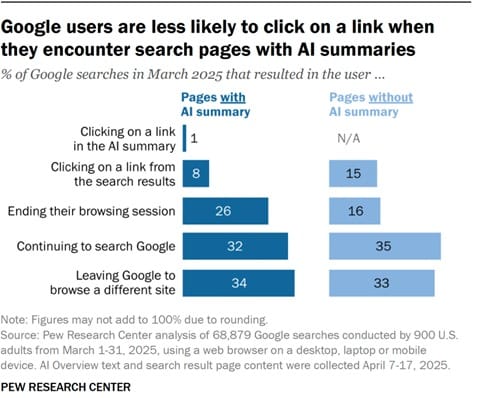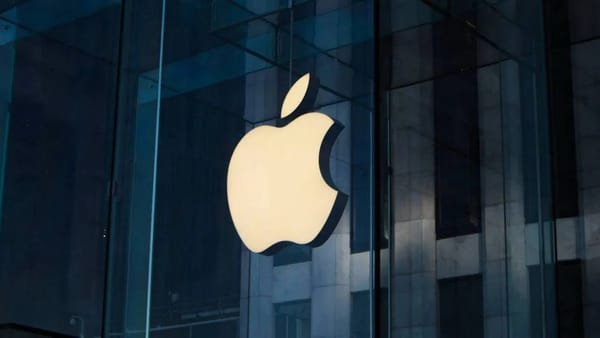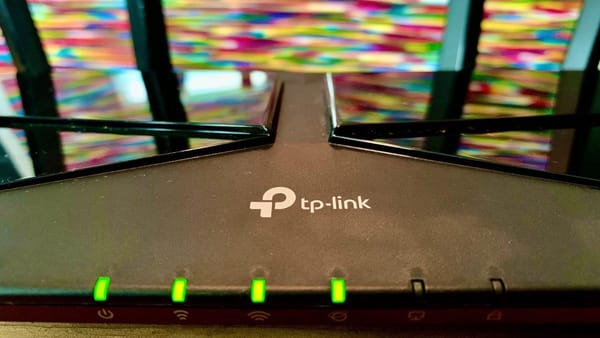Google May Make AI Mode in Search Available by Default
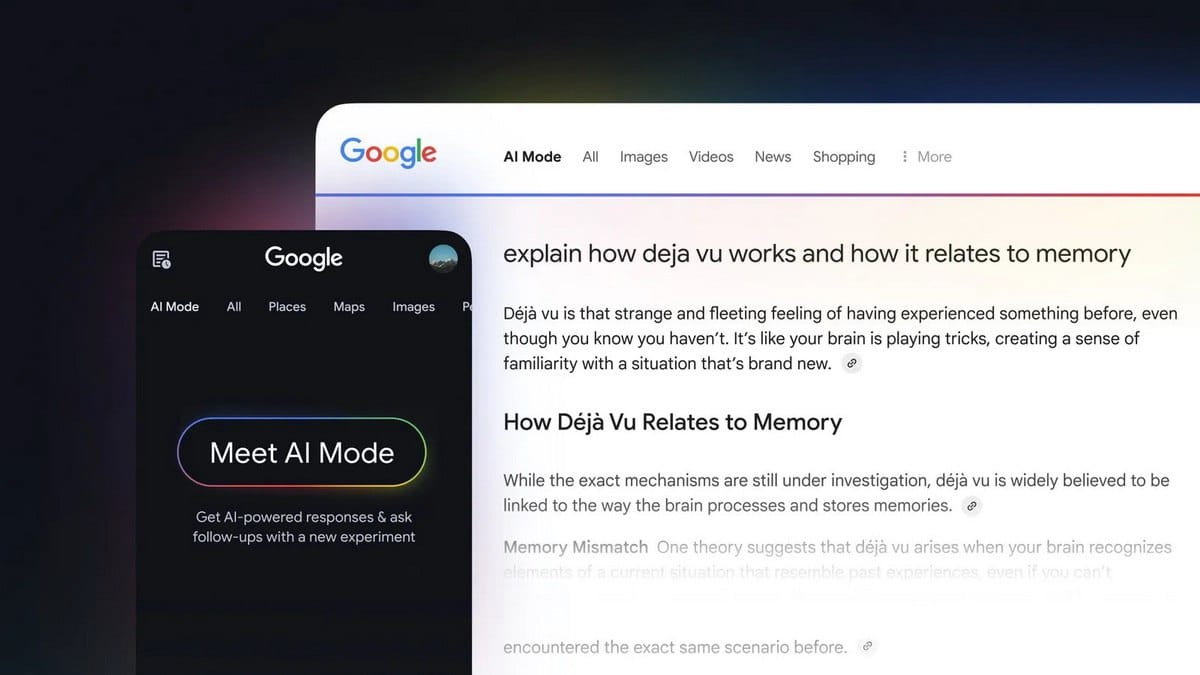
Google is preparing to give users more control over its AI-powered search experience by allowing “AI mode” to be set as the default—potentially replacing traditional link-based results.
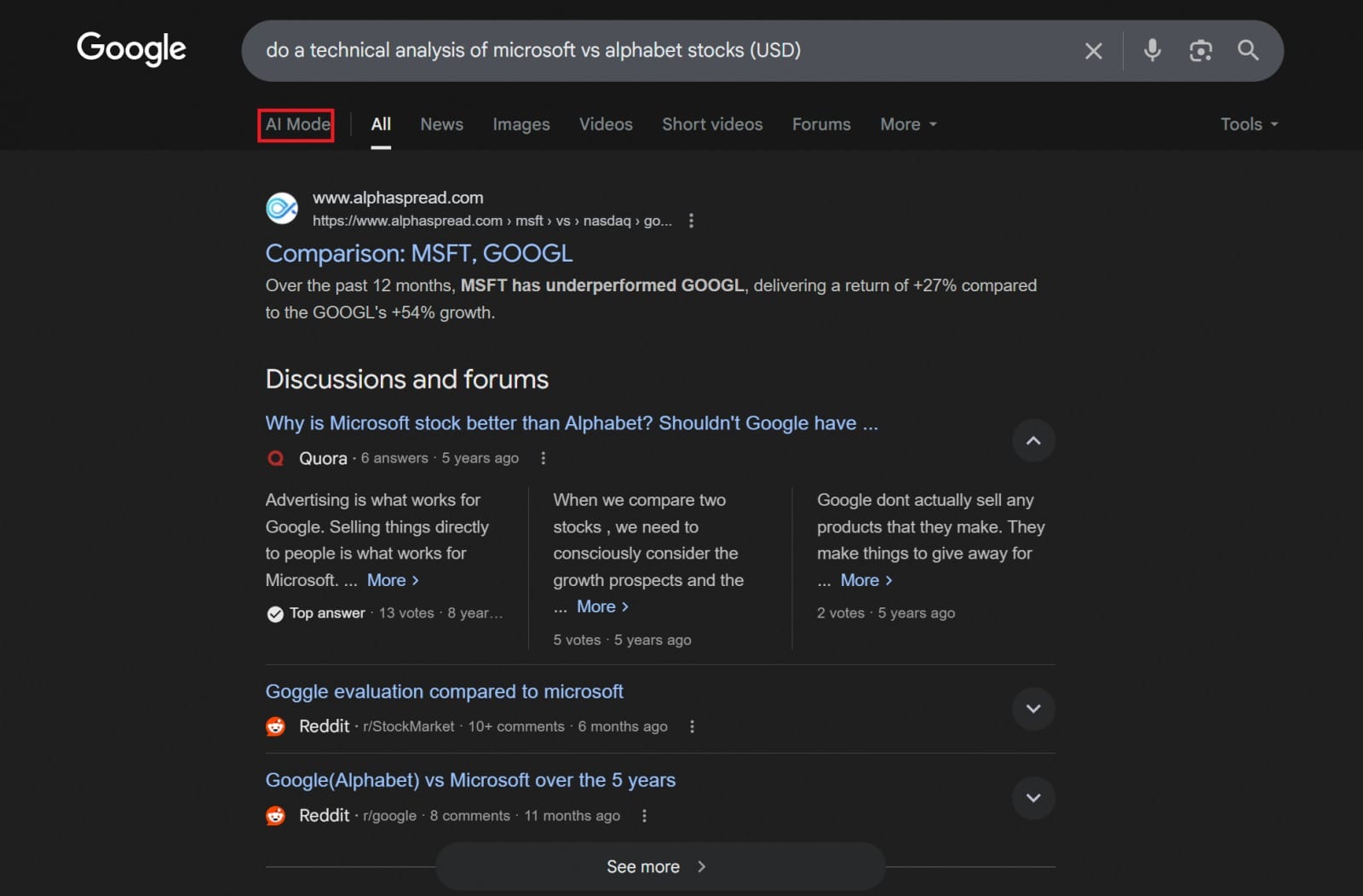
What AI Mode Does
AI mode is a version of Google Search that uses large language models (LLMs) to generate summaries of information from across the internet. Instead of directing users to external websites, it delivers answers directly on the search page.
The feature can handle complex questions, process images, summarize articles, and even generate tables, graphs, charts, or code. For now, AI mode is optional, accessible via a tab to the left of “All,” and available in English across 180 countries and territories.
Shifting Toward Default
Speculation about a wider rollout grew last week when Google AI Studio Product Lead Logan Kilpatrick suggested on X that AI mode could soon become the default. Shortly after, Robby Stein, Google’s Vice President of Product for Search, clarified that the company does not intend to force the feature on all users.
Instead, Stein said Google will make it easier for those who prefer AI mode to enable it as the default. In such cases, traditional link results will be hidden, though they can still be accessed under the “Web” tab, located at the far end of the results panel.
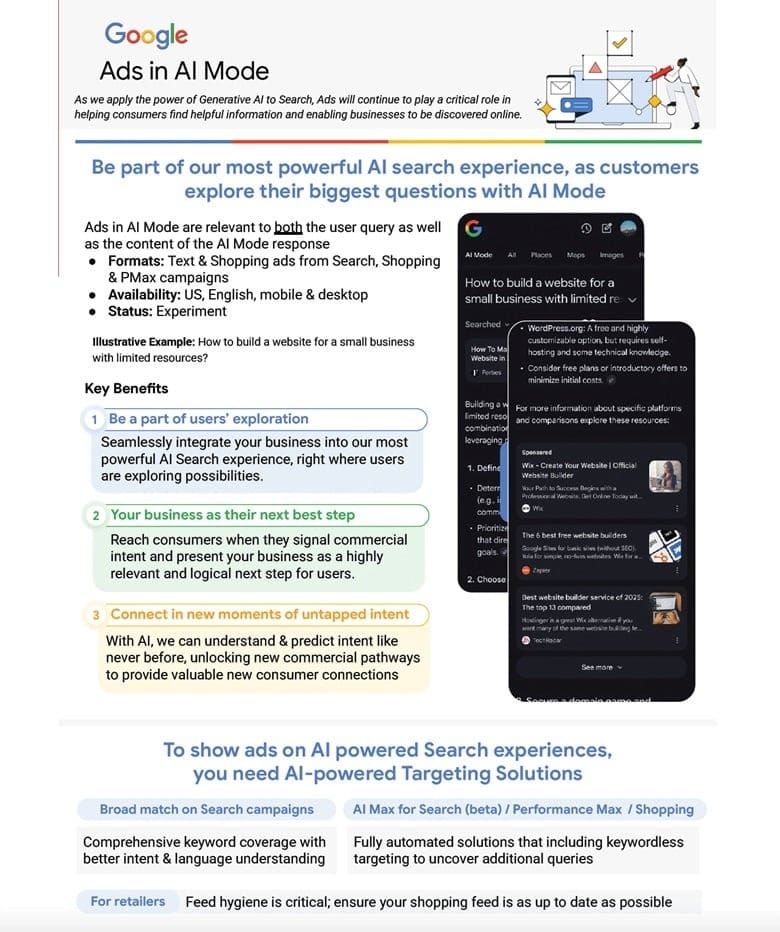
Business and Industry Concerns
While Google maintains there are no immediate plans to activate AI mode by default for everyone, observers note that such a shift could be imminent. Internally, engineers are weighing how the change might impact the company’s advertising model.
Google has already begun testing ads in AI mode and in AI-generated overviews, offering these formats to partners. But uncertainty remains within the digital marketing industry about how advertising will function if classic search results—and the billions of clicks they generate—are displaced.
Currently, Google controls around 90% of the search market and serves as a primary traffic source for publishers worldwide. Yet publishers receive no compensation when their content is summarized by Google’s AI. Instead, Google argues that AI summaries deliver more “high-quality” clicks, though it has not released supporting data.
Pushback From Publishers
Independent research suggests users are less likely to click on links when presented with AI summaries. Media reports indicate that some publishers are now considering forming alliances to defend against what they describe as an existential threat: the integration of AI into search.
